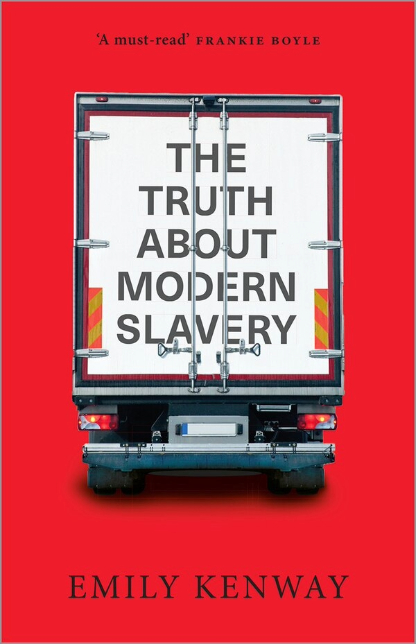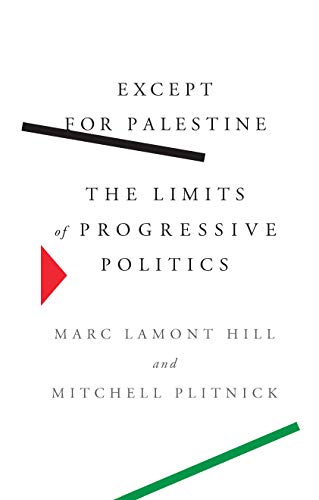World in Danger: Germany and Europe in an Uncertain Time, Wolfgang Ischinger, Brookings Institution Press, 2020, pp. 280, ISBN: 978-0-8157-3843-5
Elder statesmen of the Cold War-era tend to enjoy undue influence in foreign policy circles, despite their inward-looking intellectual provincialism. Narrow, self-justificatory quasi-scholarship that tends to emanate from their pens rests on their distinctive ideological outlook – think Henry Kissinger. European counterpart to him could be Wolfgang Ischinger. Ischinger is a former deputy foreign minister in the SDP-Greens coalition of Gerhard Schroder, ambassador to the United States and Great Britain, and since 2008, has been the Chairman of the Munich Security Conference. In his new book World in Danger, Ischinger purports to provide a cogent analysis of “world out of joint” and a blueprint for a peaceful, prosperous, and influential Europe. However, in doing so, he reveals militaristic, hegemonic, and exploitative tendencies inherent in all those arguments urging for a “stronger Europe.”
After noting the importance of diplomacy in building friendly relations between countries by way of a few anecdotes from his ambassadorial career, Ischinger begins to lament the withdrawal of “the policeman of the world who had provided for a semblance of order.” According to him, the US is no longer the guardian of the liberal order, which has created a power vacuum that allows other ascending powers to emerge and present their worldviews. Periods of isolationism and interventionism dominate the US foreign policy, and Ischinger faults Obama for his legacy of indecision, which contributed to the instability of the Middle East. Apparently, “the failure to follow through” with his threat of a line in the sand with Assad damaged US credibility. One wonders if the increased bombing of Syria by US fighter planes or even an invasion would have worked to uphold it. Perhaps in Ischinger’s eyes, but hardly in the eyes of the bombed and invaded.
Similarly, Obama’s “permissiveness toward the reinvigorated regional power Iran” is not juxtaposed with permissiveness toward the regional power Israel. Ischinger comfortably overlooks the impact of continued and unreserved support to Israel, which leads to the militarization of the region, instability in neighbouring countries and continued persecution of Palestinians. Obama’s wars in Libya are given a passing shrug, while the outright coup in Haiti in 2009, which ousted Manuel Zelaya, and numerous election interferences around the world are blatantly ignored. Ischinger’s argument about American withdrawal rings hollow when compared with the facts of US foreign policy. His idea of global leadership sounds similar to Hilary Clinton’s belief in foreign policy with purpose, strategy and pragmatism, but like Clinton, Ischinger fails to note the consequences this leadership has not only on the countries at the receiving end of such leadership but on the US itself. US “global leadership” in Central America has created chaos and instability, the effects of which are seen on the US southern border. This is so because Ischinger concerns himself with appearance rather than substance, perhaps a relic of his diplomatic days, and fails to see conflicts as processes rather than events.
Ischinger’s naivete regarding US and NATO global reach is nowhere more evident than in his analysis of Russia. In his view, “Russian foreign policy is about power, about resurrecting Russia’s great history, and about defying the West.” Not only does Ischinger essentialize non-Western countries, but by drawing a direct parallel between Peter the Great and Putin, he infantilizes them. They are driven by egoism, delusionary beliefs in individual grandeur instead of ostensibly higher-purpose goals of liberalism, free trade and democracy. The capacity for critical self-reflection is reserved for the West, while “Moscow continues to see only errors on the part of the West.”
Moreover, Ischinger faults Russia’s concerns about NATO’s eastward expansion, stating that “the most secure external borders Russia has are in the West, toward NATO.” For him, NATO is purely a defensive instrument, despite continuous military drills and provocations occurring at the border and a steady increase in troops supplied to NATO Allied Command Operations in Eastern Europe. It is puzzling how Ischinger can believe that a military presence, coupled with a nuclear umbrella over Europe aimed at Russia, should not raise a few eyebrows in Moscow. The US military’s global presence, continued increases in military expenditure, and belligerent statements from high-ranking US politicians and generals are bound to provoke a reaction. It appears that for Ischinger, might makes right.
Nonetheless, narrow outlooks of career Cold War diplomats should not surprise anyone. While Ischinger is quick to condemn the Russian invasion of Crimea and the State’s human rights abuses, he fails to extend that concern to those who suffer and continue to suffer the consequences of the US or European interventions. It appears that Ischinger places undue relevance on diplomatic efforts at solving global problems. His urging of “more talks, talks, talks” could hardly make the world a better place if the “talks, talks, talk” lead to more of the same thing – plus ça change, plus c’est la même chose. Nowhere is that more relevant than in his discussion on the resolution of Yugoslav wars. As the German negotiator in Dayton, Ohio, Ischinger worked to hammer out Dayton Accords, which, although successful diplomatically, continue to devastate Bosnia and Herzegovina. He states that Dayton Accords should have been followed by more Dayton Accords and even more Western intervention, failing to realize the role Western intervention had in creating the conflict to begin with. As with other conflicts, Ischinger arbitrarily defines the beginning, ensuring that the West (and often himself in particular) played an important role in bringing it to an end, which leads him to condemn the EU’s inability to intervene in Syria. What are the origins of sectarianism in the Middle East? Ischinger eerily believes that it is on the West to reverse Assad’s position of strength, and a potential EU army could have a role to play in that.
Ischinger calls for the creation of an EU army capable of acting independently and complementing the US. Such an army would theoretically be able to back up the EU’s diplomatic efforts. “It is high time to start prioritizing defence,” says Ischinger and chides the German government for sticking to non-interventionism. Would the existence of such an army justify the militarization of the EU’s borders and increased involvement of private arms sellers in the supply of weaponry? Would FRONTEX be any less inhumane and third-country agreements any less morally reprehensible? Regarding migration, the author hopes the EU army would be able to allow the EU to pick “the best and brightest” and allow only those to enter. The reader is left to wonder (not) about the profile of those Ischinger deems undesirable for Europe.
Ischinger’s EU is envisaged as a harmonious entity spreading the liberal gospel, but time and again, he fails to realize the consequences this may have on others. The consequences of the EU acting united are evident in its disastrous trade policy, which seeks to protect EU business interests at the expense of socio-economic development and environmental protection of other countries. Even with his call for France and Germany to remain and continue to act as driving engines of the EU fails to note inter-union disbalances this creates. In 2010, when Greece became insolvent, this very same EU led by France and Germany prioritized saving French and German banks over the viability of Greece and refused to restructure Greek debt. Germany’s dominance of the European Monetary Union has come on the backs of German workers whose wages were restrained, thus keeping inflation low and making German exports competitive. Peripheral countries, such as Spain, Portugal, and Ireland, stand to lose should this disbalance in the EU continue. In contrast, right-wing forces within the Union will continue to gain, promising to protect “the nation” from the EU bureaucratic cabal. Although Ischinger bemoans Germany’s inactive foreign policy, the financial crisis proved that Germany would not hesitate to act when it needs to defend its interests.
A call for a stronger, more interventionist Europe should not be seen as a benign aspirational goal but a threat. Europe that benefits capital at the expense of labour and fortress Europe that seeks to emulate the US would be an unmitigated disaster for its citizens and those who will suffer its consequences beyond the EU borders. Instead, we should agitate for a reformed social Europe, one based on solidarity, dignity, respect for environmental principles, and the abolition of borders.




